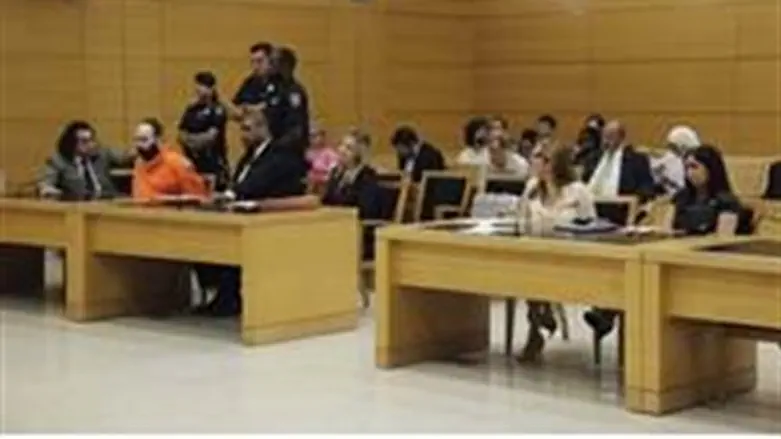
An alleged Nazi war criminal has sought to sue the Australian government for damages caused by wrongful imprisonment.
Charles Zentai, 91, along with two fellow Hungarian soldiers, allegedly tortured and killed a Jewish teenager in November 1944 for failing to wear the yellow Star of David. They then allegedly threw the victim's body into the Danube River in the Hungarian capital of Budapest.
Zentai was detained in Western Australia for nearly two months in 2009.
"He does deserve something back," Zentai's son, Steiner, said of his decision to sue, according to the International Business Times.
"He went through a very traumatic time as an 88-year-old."
"My father was vilified, wrongfully arrested and imprisoned, was prevented from visiting his grandchildren and great-grandchildren, and suffered enormous financial loss for nothing," Steiner said.
Steiner further claimed that Zentai was not even in Budapest at the time of the murder.
The Simon Wiesenthal Center tracked down Zentai in 2004 and he has been listed among the organization's top ten most wanted Nazi criminals for participating in "manhunts, persecution, and murder of Jews in Budapest in 1944."
Extradition to Hungary was approved in November 2009 but the decision was reversed on appeal in the federal court in 2011.
In a 5-1 decision, the court ruled that Zentai could not be extradited because "war crimes" did not exist as a legal offense in Hungary in 1944.
President of the Executive Council of Australian Jewry, Danny Lamm, said it was a sad day for the victim’s family and all those who awaited the Nazi criminal to be brought to justice.
"It will be distressing to many that Zentai will now live out his final days untroubled by any prospect of having to account for his (alleged) past actions,'' he said.
"From the reasoning of the majority of the judges of the High Court, it appears that if the offense in relation to which extradition was sought had been specified by the Hungarian government as ‘murder’ rather than solely as a ‘war crime’, Zentai would not have been able to resist extradition,'' he added.